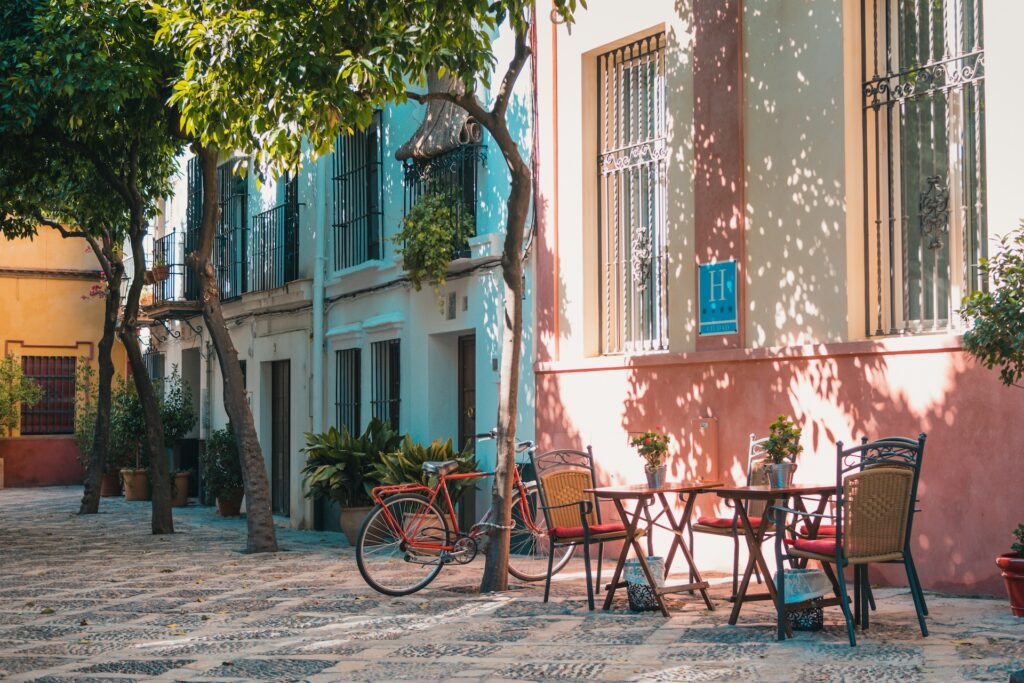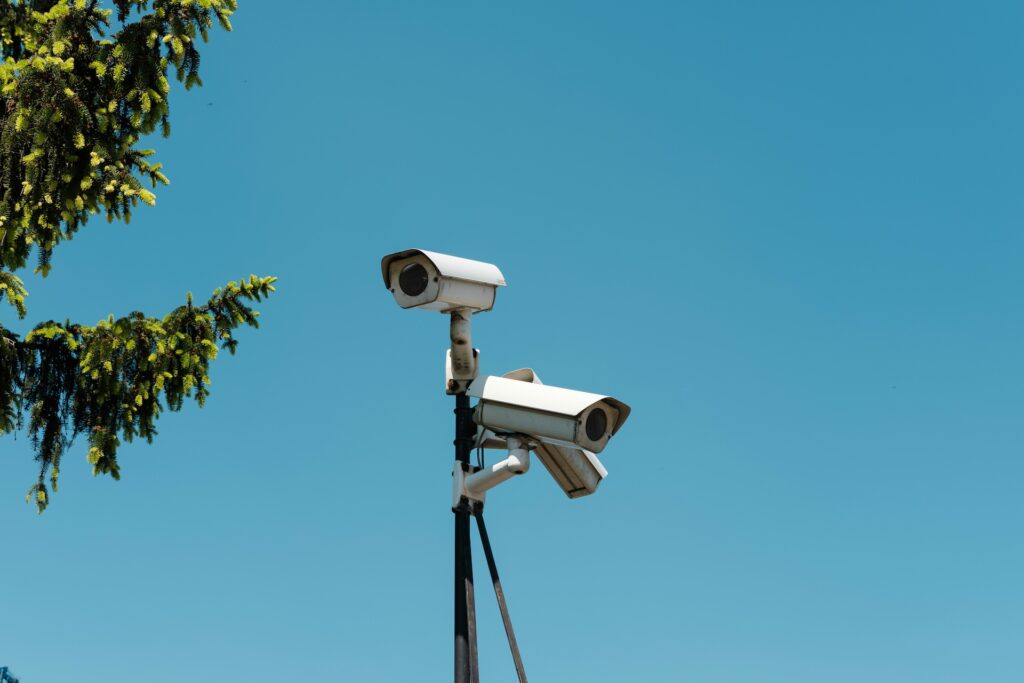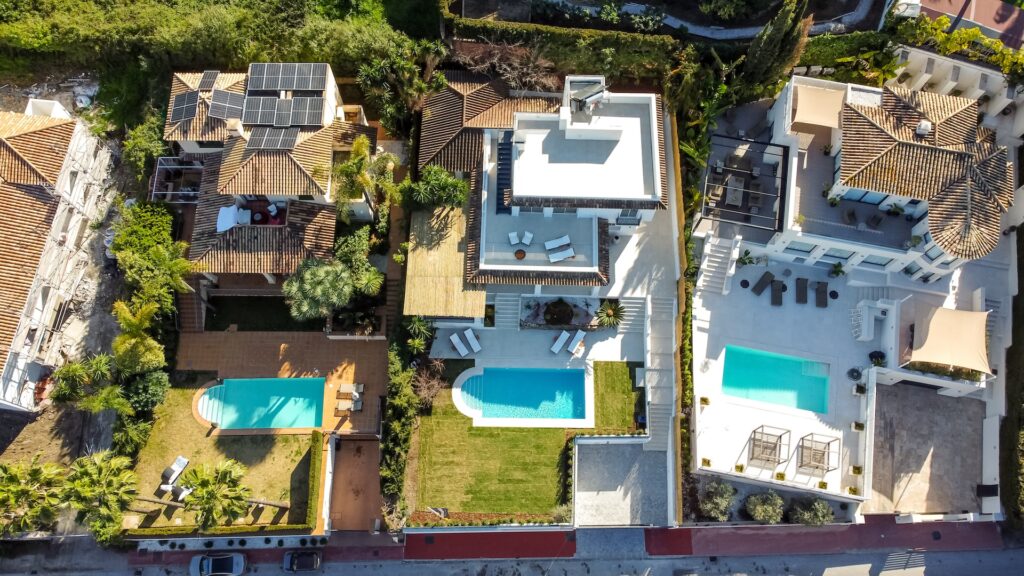
Ocupas in Spain. Facts and myths You need to know before buying Your dream home in Spain. Read this guide to know why You shouldn’t fear! In recent years, the phenomenon of “ocupas” (squatters) in Spain has gained widespread media attention, often causing concern among property owners and investors. However, much of the discourse is filled with misconceptions. In this article, you will learn the facts and myths about ocupas in Spain, understand the legal framework, and discover practical strategies to protect your property in 2025. There’s no need to fear—this issue is manageable with the right knowledge and actions.
Understanding the Term “Ocupas”
In Spain, “ocupas” refers to individuals who illegally occupy vacant properties without the consent of the property owner. This term is commonly used to describe situations where people move into empty homes or other buildings, taking residence unlawfully. The phenomenon arose due to several socio-economic factors, including the country’s significant housing crisis, unemployment issues, and growing inequality. Spain’s large number of empty properties, many of which remain unutilized for extended periods, has provided opportunities for such occupations to occur.
In contrast to legal tenant disputes, where tenants may refuse to leave a property due to contractual disagreements, or temporary occupations permitted under specific circumstances, “ocupas” operate outside the legal boundaries. While some cases involve criminal elements, others highlight desperation, as individuals or families may feel they have no other housing options available.
Common Myths About Ocupas in Spain
Myth 1: Any Property Can Be Easily Occupied
Reality: This is a widespread misconception. Spanish laws clearly differentiate between primary residences and vacant investment properties. Squatting in a primary residence is considered a more severe offense and triggers faster legal action. Owners of primary homes benefit from expedited eviction processes, often allowing authorities to act within 48 hours once ownership is verified. For vacant or investment properties, while eviction may take longer, recent reforms are closing legal loopholes and streamlining the process to protect property owners.
Myth 2: Owners Cannot Evict Occupants
Reality: Many property owners fear they are powerless against squatters, but this is not true. Recent legal reforms, including the upcoming 2025 anti-squatting law, have significantly improved eviction procedures. Small property owners and individuals reclaiming their primary residences now have access to faster judicial processes. Express eviction orders and the classification of squatting as a criminal offense ensure that owners can take swift legal action to regain possession of their properties, reducing the financial and emotional toll.
Myth 3: All Occupants Are Criminals
Reality: The public perception often paints all squatters as criminals, but the reality is more complex. While some organized groups exploit legal loopholes for profit or criminal activity, a significant portion of squatters are vulnerable individuals or families facing severe economic hardship, homelessness, or unemployment. Addressing the squatting issue requires not only legal action but also social policies that tackle the root causes of housing insecurity and provide support to those in need.
Myth 4: Spain has the Highest Rate of Squatting in Europe
Reality: Although squatting is a notable issue in Spain, it is not unique to the country. Other European nations, including Italy, France, and Greece, also face similar challenges related to illegal property occupation. In fact, some countries have even higher rates of squatting due to different legal systems and housing market conditions. Spain’s government has been proactive in addressing the problem through legal reforms, making its approach one of the most structured in Europe.
Facts About Ocupas in Spain
Fact 1: Growth in Property Occupations
Statistics from the Spanish Ministry of the Interior reveal that in 2022, there were 16,726 reported cases of illegal property occupation, marking a 3.2% decrease compared to 2021. This decline reflects ongoing efforts by authorities to address the issue, as debates around housing and property rights continue to intensify. In addition to law enforcement measures, social programs and policies aimed at tackling housing insecurity may have also contributed to the slight reduction in cases. In the first quarter of 2023, the trend continued, with 3,898 reported infractions, showing an 11% decline compared to the same period in 2022.
This sustained decrease indicates progress, though the issue remains a significant challenge. Illegal occupations, often fueled by socio-economic hardships, highlight broader problems within the Spanish housing market, such as affordability gaps, rising living costs, and the availability of vacant properties. These figures reveal both the scale of the problem and the complexity of implementing effective solutions.

Only about 0.4% of all properties in Spain are occupied by ocupas. This translates to roughly 100,000 out of 25 million homes being illegally occupied. Statistically, the chance of your property being squatted is just 0.0056%, meaning one in 17,857 people might face this issue in a year!
Fact 2: Decrease Trends in Occupation
Recent trends show a decline in occupation cases in some regions, reflecting the impact of targeted measures and heightened awareness of the issue. Authorities have taken steps to streamline eviction procedures and implement stricter penalties for illegal occupations, which may explain this reduction. Moreover, some regions have launched initiatives to address underlying socio-economic factors, such as providing support for vulnerable families and expanding affordable housing programs, aiming to reduce the root causes of illegal property occupations. Recent trends show a decline in occupation cases in some regions:
- Madrid: 15.4% decrease
- Andalusia: 6.26% decrease
- Balearic Islands: 31.12% decrease
- Navarra: 26.44% decrease
Fact 3: Legal Framework and Upcoming Changes
Spain’s legal system provides a balanced framework aimed at protecting both property owners and vulnerable individuals. Recognizing the growing concerns surrounding property occupation, the Spanish government has introduced a new anti-squatting law that will come into effect in 2025. This comprehensive legislation introduces significant reforms designed to safeguard property rights while addressing social vulnerabilities.
Fact 4: Express Evictions
One of the most notable changes is the introduction of express eviction procedures. Under the new law, property owners will be able to reclaim their properties within 48 hours of filing a complaint, provided they can verify ownership. This rapid response is particularly aimed at protecting primary residences and properties owned by small landlords, effectively minimizing the financial and emotional toll on property owners.
Fact 5: Stricter Penalties
The new law imposes harsher punishments for squatters, particularly those engaging in occupations for profit or criminal purposes. Organized groups exploiting legal loopholes will face severe consequences, including substantial fines and potential imprisonment. This measure seeks to dismantle networks that facilitate illegal occupations and discourage opportunistic behavior.
Fact 5: Protection for Vulnerable Owners
Special provisions have been incorporated to offer greater protection to vulnerable property owners. Elderly individuals, people with disabilities, and families who rely on their property for financial stability will receive prioritized legal support. This ensures that those most at risk are shielded from prolonged legal battles and property loss.
Fact 6: Faster and more effective Judicial Processes
The reform accelerates judicial procedures by categorizing squatting cases as expedited trials. These cases will now be resolved within a maximum of 15 days, significantly reducing the previous average of several months or even years. This streamlining of the legal process is designed to restore ownership swiftly and deter potential squatters.

Fact 7: Enhanced Law Enforcement Authority
The new legislation also grants law enforcement greater authority to intervene in cases of illegal occupation. Police will be able to act immediately upon receiving a verified complaint, enabling faster and more decisive action against squatters.
Public Awareness Campaigns: Alongside legal reforms, the government plans to launch public awareness campaigns to inform citizens about their rights and the new procedures for handling illegal occupations. This initiative aims to empower property owners with knowledge and discourage misinformation surrounding the issue.
Fact 8. Changes in Legal Classification
The upcoming legal reforms in Spain introduce critical changes to the classification and handling of squatting-related offenses, aiming to provide clearer distinctions and more efficient legal processes for property owners.
Modification of the Criminal Procedure Law (LECrim)
The reform of the Spanish Criminal Procedure Law (LECrim) is one of the cornerstone changes in the fight against illegal property occupation. This modification allows trespassing and usurpation cases to be processed through expedited trials, significantly reducing the time required to resolve these disputes. Previously, property owners could wait several months—or even years—for a resolution, but under the new system, cases will be handled swiftly, with decisions expected within a maximum of 15 days. This fast-track process ensures that property owners can regain control of their properties without enduring prolonged legal battles.
Criminal Classification of Occupation Offenses
The legal distinction between different types of squatting is now more clearly defined. The reform differentiates between the occupation of inhabited and uninhabited properties to ensure appropriate legal responses:
- Trespassing (Allanamiento de Morada)
If squatters occupy a property that serves as the owner’s primary residence or is actively inhabited, it is classified as trespassing—a serious criminal offense. Trespassing carries heavier penalties due to the violation of the right to private and family life. Law enforcement can act more decisively in these cases, leading to faster evictions and stricter punishments for offenders.
- Usurpation (Usurpación)
If the occupied property is vacant or not being used as a primary residence, the act is classified as usurpation. While still a criminal offense, it carries less severe penalties than trespassing. However, the new reforms aim to close legal loopholes that have historically allowed squatters to exploit the system in such cases. The introduction of expedited trials also applies here, ensuring that owners of second homes or investment properties can reclaim their assets more quickly.
Enhanced Legal Tools for Owners
These legal clarifications empower property owners with stronger and more straightforward legal tools to reclaim their properties. By clearly defining the legal categories of squatting, the reforms eliminate ambiguities that previously complicated eviction efforts. This shift ensures that both small property owners and institutional investors have access to effective legal remedies, reducing the fear and frustration associated with illegal occupation.
Impact on Organized Squatting Networks
The reforms also target organized groups that facilitate illegal occupations, often exploiting legal grey areas. By categorizing their actions under more serious criminal offenses, authorities can dismantle these networks more effectively. This not only protects property owners but also discourages organized crime from using property occupation as a means of profit or coercion.
Tips for Property Owners: Why You Shouldn’t Fear Ocupas in Spain!
Despite widespread media attention, the actual risk of having your property illegally occupied in Spain is significantly lower than many believe. With the right precautions and proactive measures, property owners can effectively safeguard their investments and minimize potential risks. Below are several comprehensive strategies to protect your property from unauthorized occupation and give you peace of mind.
Know the law and work with trusted agents
Understanding the legal framework surrounding property ownership and squatting is crucial. Spain’s upcoming 2025 legal reforms will make eviction processes faster and more efficient, particularly for primary residences and properties owned by small landlords. Familiarize yourself with the distinction between trespassing and usurpation laws, and stay updated on your rights as a property owner. Knowing the correct legal procedures can empower you to act swiftly and legally in case of any issues.
Invest in Security Measures
A visible and well-maintained security system can serve as a powerful deterrent to squatters. Installing high-quality alarm systems, motion-detecting security cameras, reinforced doors, and window locks can significantly reduce the chances of unauthorized entry. Regular property inspections, especially for vacant or seasonal homes, are also effective in maintaining a visible presence and deterring potential squatters. Consider using automated lighting systems to give the impression that the property is occupied.

Secure Comprehensive Property Insurance
Investing in comprehensive property insurance that specifically covers unauthorized occupation can provide financial protection and peace of mind. Many insurance providers offer policies that include legal assistance and compensation for damages resulting from illegal occupation. Review your existing insurance policy and consider upgrading it to include this type of coverage, ensuring that you’re fully protected in the unlikely event of squatting.
Work with Property Management Companies
If you own multiple properties or do not live near your investment, hiring a reputable property management company can be invaluable. These professionals provide routine inspections, maintenance, and tenant management services, reducing the likelihood of your property appearing abandoned or neglected. A well-managed property is far less attractive to squatters than one that shows signs of disrepair or vacancy.
Legal Representation
Having a lawyer who specializes in property and real estates market law can be a critical asset. An experienced attorney can guide you through the eviction process, help file complaints quickly, and take immediate legal action if unauthorized occupation occurs. Legal professionals can also ensure that your property is correctly registered and that you comply with all regulations, further protecting your ownership rights.

Engage with Community Watch Groups
Community engagement plays a significant role in property protection. Becoming involved in local neighborhood watch programs can provide added security. Active neighborhoods where residents look out for one another tend to have lower rates of property crime, including illegal occupation. Building relationships with neighbors can create a support network to monitor and report suspicious activities.
Consider Short-Term Rentals or Temporary Use
Keeping a property occupied, even temporarily, can deter squatters. If you’re not ready to sell or permanently lease your property, consider renting it out on a short-term basis through vacation rental platforms or offering it for temporary use to trusted individuals. Properties that are visibly occupied are far less likely to be targeted.
Utilize Smart Home Technology
Modern smart home technology can enhance property security. Installing remote-controlled lighting, smart locks, and motion sensors can allow you to monitor your property in real-time, no matter where you are. Smart devices can alert you instantly to any unusual activity, enabling you to take immediate action or notify authorities.

Maintain the Property’s Appearance
A well-maintained property is less likely to attract squatters. Regular landscaping, repairs, and cleanliness signal that the property is actively cared for. Unkempt lawns, broken windows, or accumulated mail can make a property appear abandoned, inviting unwanted attention. Consider hiring a maintenance service if you cannot visit the property regularly.
Install Physical Barriers
For properties that remain unoccupied for extended periods, consider installing physical barriers such as security gates, reinforced doors, or window bars. These added measures make unauthorized access more difficult and can serve as a visual deterrent to squatters.
Conclusion: The problems with ocupas in Spain are full of myths!
The issue of “ocupas” in Spain is complex but manageable. The upcoming 2025 legal reforms aim to protect property owners with faster and more effective solutions. By understanding the facts, staying informed, and taking proactive measures, property owners can confidently navigate the Spanish real estate market without fear.
In summary, while the topic of okupas may seem daunting, the statistics and current trends suggest that there’s little cause for concern when purchasing property in Spain. Being informed and cautious about your location and security measures can help ensure a smooth buying experience!

Images Source: Unsplash

